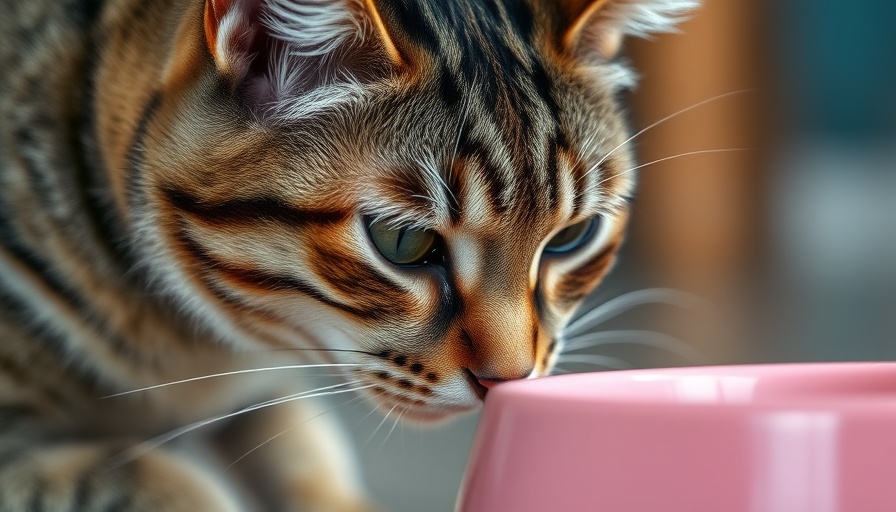
Understanding Your Cat's Loss of Appetite
As a pet owner, there’s nothing more concerning than noticing that your feline friend is not eating as they normally would. A sudden change in your cat’s eating habits can be alarming and might signify underlying health issues that require immediate attention. In this article, we’ll explore the reasons behind loss of appetite in cats, the importance of veterinary guidance, and how to best support your pet during this distressing time.
Common Causes of Appetite Loss in Cats
Loss of appetite, or anorexia, can result from various factors that range from physical ailments to emotional stresses. Some common causes include:
- Illness: Conditions such as dental disease, kidney failure, and infections can all lead to your cat refusing food. Regular check-ups with your vet are essential to help detect these issues early.
- Stress: Changes in the environment, such as moving to a new house or the arrival of new pets or family members, can trigger stress-induced loss of appetite in cats.
- Dietary Issues: Sometimes, a sudden change in food brand or flavor can result in a cat turning their nose up at what they used to enjoy.
The Importance of Seeking Veterinary Guidance
When your cat’s appetite decreases, seeking veterinary guidance is crucial. A veterinarian can conduct tests to rule out serious conditions and provide tailored advice based on your cat’s health history and current situation. Remember, it’s always better to consult the professionals rather than waiting to see if the problem resolves itself.
Practical Tips to Encourage Eating
If your vet confirms there are no serious health issues at play, there are several strategies you can implement to encourage your cat to eat:
- Change the food texture: Some cats prefer wet food over dry food or vice-versa. Experimenting with different textures may entice them to eat.
- Offer smaller meals: Providing smaller, more frequent meals can sometimes make food more appealing than one large serving.
- Enhance flavor: Introducing flavorful toppings or mix-ins, such as low-sodium broth, can stimulate your cat’s taste buds.
When to Be Alarmed
If your cat has not eaten for more than 24 hours, or if you notice additional concerning symptoms such as vomiting or lethargy, it’s time to act. Immediate medical advice should be sought to prevent more serious complications.
Conclusion: Taking Proactive Steps for Your Cat's Health
As pet owners, we are responsible for our furry companions’ welfare. Monitoring your cat’s eating habits is essential to maintaining their health. Loss of appetite can be a warning sign of health issues, and early intervention is key to ensuring a happy, healthy life for your pet. If you see changes in your cat’s appetite, don’t hesitate to reach out to your veterinarian for guidance and support.
 Add Row
Add Row  Add
Add 




 Add Row
Add Row  Add
Add 

Write A Comment